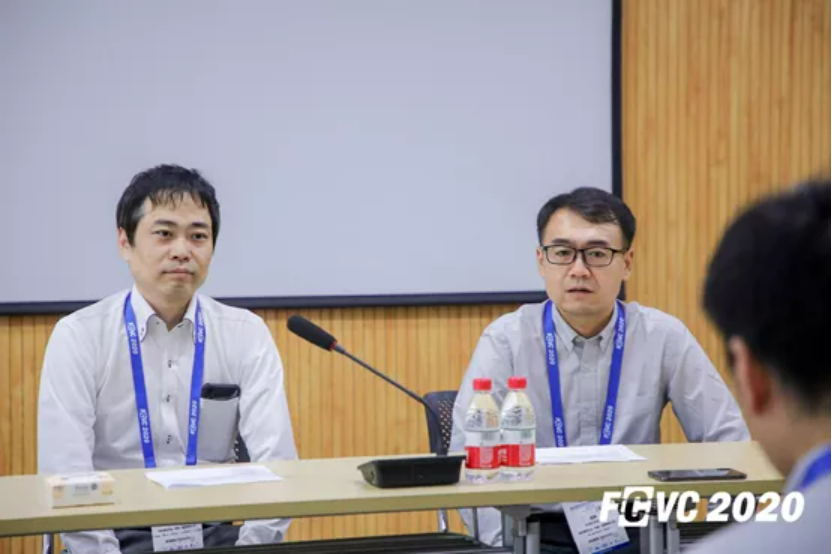 2020/10/13 0:00:00
2020/10/13 0:00:00 4171
4171
At present, all countries in the world have regarded hydrogen energy and fuel cell technology as an important part of the future energy strategy deployment. The European Union is ambitious in energy and climate. In March this year, it announced the draft of the European climate law and decided to make it clear until 2050 in the form of legislation. To achieve the national goal of carbon neutrality, the United States, Germany and other countries continue to invest a lot of funds to support the research and development and innovation of hydrogen fuel cell technology. The governments of Japan and South Korea are even realizing a hydrogen energy society as the goal of future development.
At the Fifth International Hydrogen and Fuel Cell Vehicle Conference (FCVC2020) that ended last week, the editor had the honor to interview Mr. Hiroshi Kuwahara, who is in charge of Honda Group’s strategic planning. During the interview, Mr. Kuwahara introduced Honda’s The research results in the FCV field also briefly shared some of his considerations for the future expansion of Honda's hydrogen energy business.
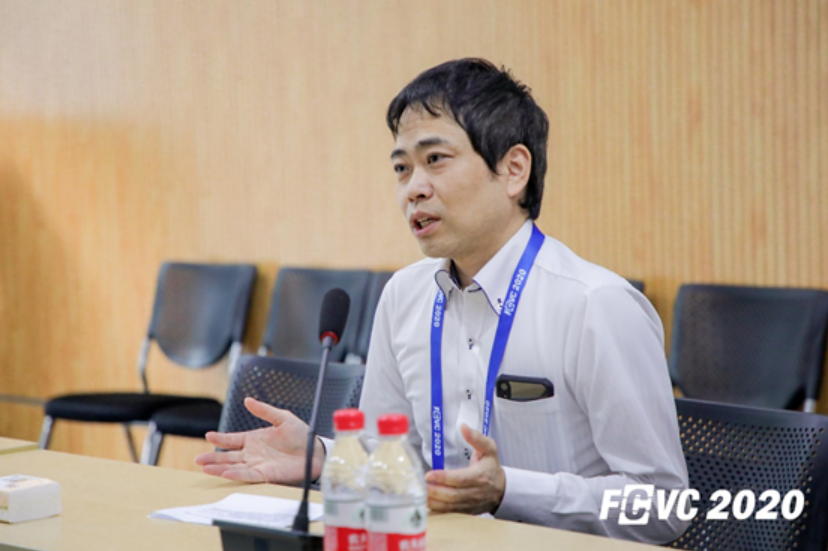
▲Mr. Kuwabara Hirokazu accepted an interview
Reporter: Hello, Mr. Kuanhara, I am the editor of China Hydrogen Energy Network. I am honored to interview you. First, please introduce yourself to the fans of China Hydrogen Energy Network and the main sections that you are responsible for.
Mr. Kuwahara: I was in charge of developing fuel cells in Japan, and now I come to China to be responsible for the formulation of the overall policy and business strategy of the Honda Group in China.
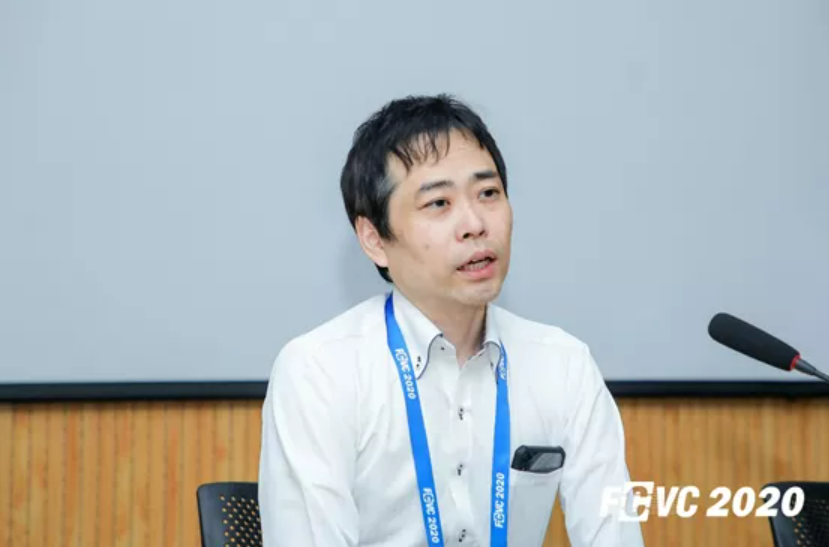
Reporter: Thank you very much. We saw Honda exhibiting a fuel cell car in the exhibition hall. Would you like to briefly introduce this car. What are the advantages of this car in the same type of car?
Mr. Kuwabara: First of all, as you can see, this is a car-type FCV. Honda has achieved mass production of the world's first car-type FCV (hydrogen energy vehicle) 20 years ago. Of course, it not only has the same performance as a general fuel-powered vehicle, but it is not even inferior to the performance of fuel cell vehicles launched by other automakers. Honda started mass production of FCV in 2002, which is about 20 years ago. There are many users in Japan, the United States, and the European market. Although the energy used is hydrogen, we have always ensured that it is safer than fuel vehicles, and users have always been very satisfied. The rich experience we have accumulated for nearly 20 years is a major advantage of ours.
In addition, not only products, we have accumulated a wealth of mass production technology experience in these 20 years. Although mass production cannot be achieved at this stage, production technology is an extremely critical element for large-scale production in the future. Our company has more abundant production technologies than other companies.
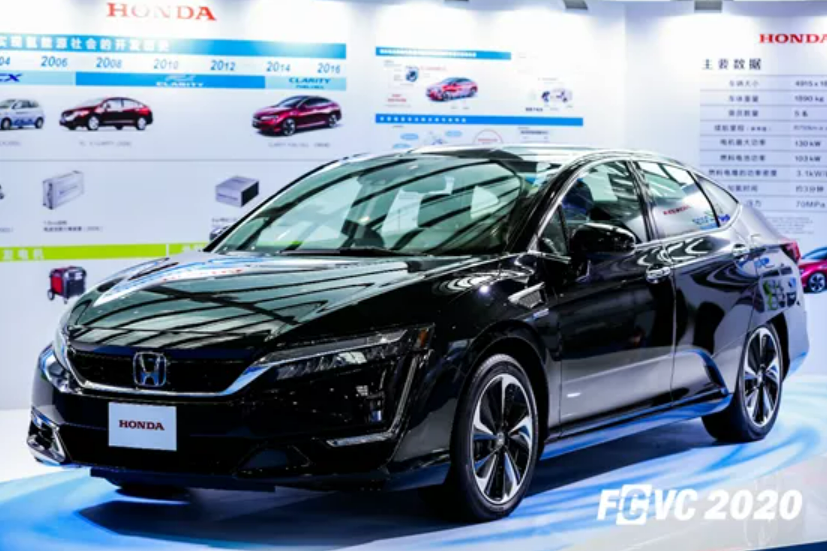
▲Honda Hydrogen Fuel Cell Vehicle
Reporter: It is understood that Honda's technology in the field of hydrogen energy is not only limited to FCV, but there are also many cases in other application scenarios. Can you tell us what kind of strategic thinking Honda has in China's hydrogen energy industry?
Mr. Kuwabara: Okay, first of all, let me talk about an example in the non-transportation field. Fuel cell vehicles use hydrogen energy to generate electricity. We consider that fuel cell vehicles can also be used in other power applications. For example, some time ago, floods along the Yangtze River were flooding, and many cities were unable to supply electricity due to floods, which affected the lives of residents. Then with this car, the fuel cell on the car can be used to generate electricity, which is an advantage that other fuel vehicles do not have. In fact, in Japan, we are now preparing to cooperate with the Japanese government in this regard. Of course, we also hope to provide power supply services to consumers in China and the world.
Of course, hydrogen energy is a necessary energy source to replace petroleum in the future. Honda has not only developed cars, but has also developed and manufactured hydrogen production equipment over the years. Specifically, the equipment for hydrogen production by electrolysis of water is as large as two small trucks, which can produce hydrogen energy in any place. Applicable to all industries, Honda also contributes to the popularization of hydrogen energy, and insists on long-term and unremitting efforts in research and development.
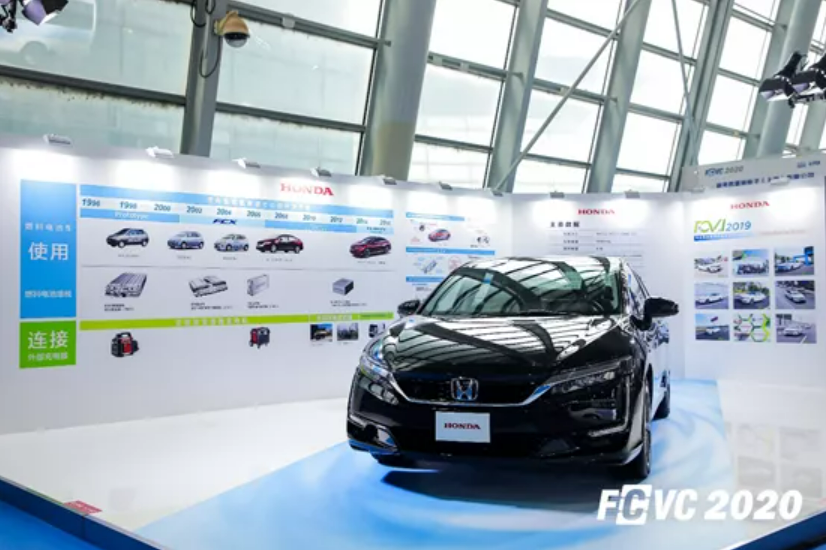
▲Honda Motor Booth
Reporter: The domestic new crown epidemic broke out in the first half of this year, and the order of production and life in society has been severely affected. At this stage, the development trend of the international epidemic is still unclear, and there are many unknown changes. This has caused Honda's hydrogen energy business development in China. What is the impact? What do you think will happen to the development of China's hydrogen energy industry after the epidemic? Thanks!
Mr. Kuwabara: As you said, the epidemic not only has a great impact on the global automotive industry, but also on the economy. Therefore, Honda is also affected in all aspects, even R&D funding is not immune. But as we said just now, hydrogen energy is a necessary energy in the future. Especially in China now, many companies are supported by government policies. In the future, industries that use hydrogen energy will be popularized on a large scale. Therefore, in the short term, it will Some aspects are affected, but from a long-term development perspective, we hope to work hand in hand with the Chinese government and enterprises to contribute to the development of China's hydrogen energy society.
